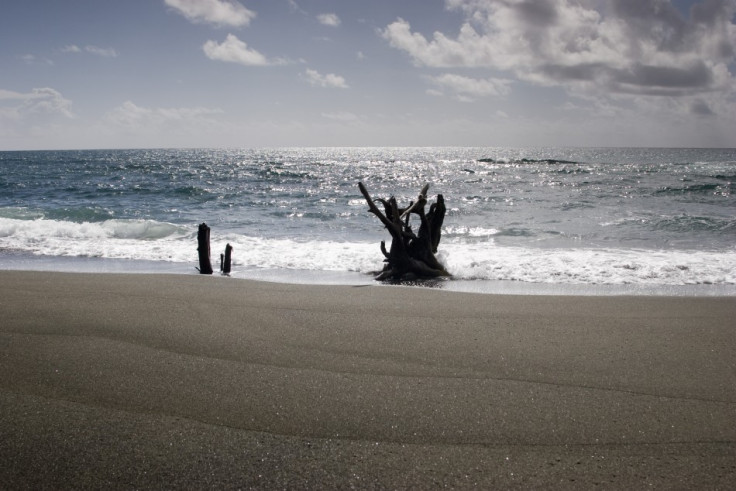Tobago Island to Promote Tourism through Undersea Shipwrecks of 17th Century

Tobago authorities are foreseeing a huge potential for heritage and cultural tourism as a team of American archaeologists will excavate shipwrecks of 16 ships that sank in the Scarborough Harbour in the 17th century.
In April this year, the Tobago House of Assembly (THA) gave approval to the University of Connecticut and the Institute of Nautical Archaeology of the United States to recover shipwrecks that have been present for over four centuries on the seabed of the Scarborough Harbour in the southern Caribbean.
The project, which will begin in June next year, is expected to open the doors of historical, archaeological, cultural and dive tourism in Tobago, the smaller of the two main islands that make up the Republic of Trinidad and Tobago.
"Imagine a cruise ship docking and dive enthusiasts can actually have a dive just a couple metres away. It is the only site in the world where you have a dozen or more ships that have been down at the bottom of the ocean for over four centuries," THA Chief Secretary Orville London said in a statement.
Artifacts and other material retrieved from the shipwreck will remain the property of Tobago and be housed at the Fort King George Museum that will make for a new attraction for tourists.
According to the THA, the Scarborough bay was the site of a major naval battle between French and Dutch ships in 1677 as France battled for control of Tobago. As many as 12 Dutch ships reportedly sank at the project site.
The project, led by Dr Kroun N Batchvarov, Professor of Maritime Archaeology at the University of Connecticut and Affiliated Scholar of the Institute of Nautical Archaeology, is also expected to reveal more information about what took place in the naval battle, the technology used, the economic situation, and the environment of the period.
"We are interested in benefiting the people of Tobago and the wider world," Batchvarov said, adding that more information about Tobago's cultural heritage could help it become an important destination for cultural tourism.
The project which will take three to five years for completion is being funded by National Geographic and several non-governmental organisations in the United States.
© Copyright IBTimes 2025. All rights reserved.





















